The aim of the journal is to facilitate publication of articles for raising awareness and empowering water stakeholders including the general public, academicians, field practitioners, policy decision makers and politicians, with up-to-date water sector related information and innovations.
A broad outline of the journal's scope includes:
Integrated Water Resource Management: Involves identifying and conserving water sources, rainwater harvesting, resource mapping, equitable transboundary water sharing, addressing tje impact of climate change on water resources and incorporating indigenous knowledge to address intermittent supply and ensure sustainable use.
Water Supply and Sanitation Systems: Includes community and utility water services, efficient rainwater storage, wastewater treatment, reuse, and recycling, alongside the promotion of hygiene through education, behavioral change, and public engagement.
Engineering and Technological Solutions/innovations: Focuses on the design and maintenance of water and wastewater systems, renewable energy integration, advanced software applications, and automation in water management.
Policy, Governance, and Financing for sustainability: Focuses on water-related policies (national and international), governance structures, institutional roles, and innovative financing strategies for sustainable water and sanitation infrastructure, inequalities in water access, affordability and governance for marginalized communities.
Research, Innovation, and Disaster Management/preparedness: Encourages advancements in water resource management, agricultural productivity, and flood or drought management, and leveraging ICT tools for smart, efficient, mqnaging pharmacrutical pesticides and industrial chemicals and microplastics and sustainable water solutions.